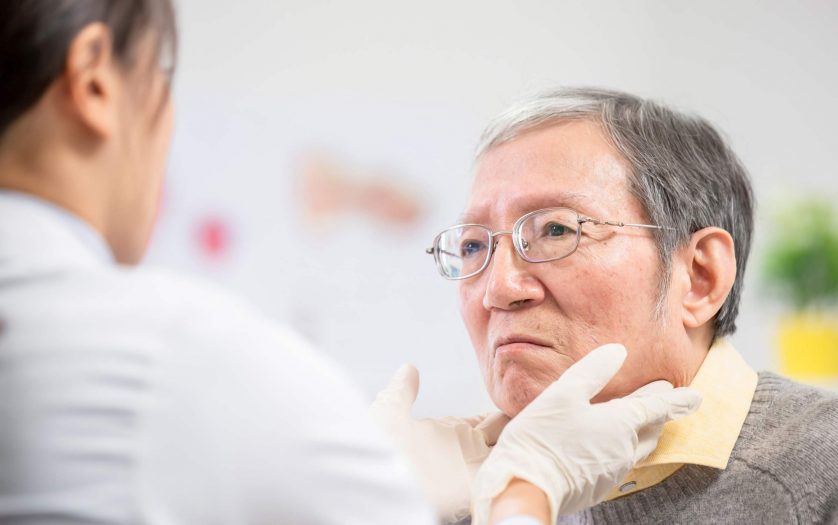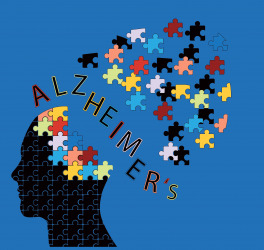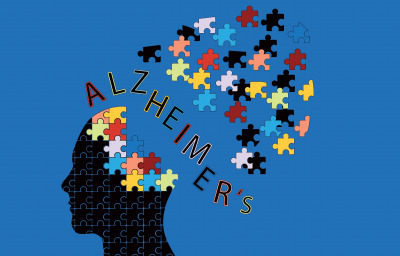
A ground-breaking new study, led by experts from the University of Nottingham, will look at whether Pharyngeal Electrical Stimulation (PES) can help people to recover the ability to swallow again following a stroke.
The PhEAST (Pharyngeal Electrical Stimulation for Acute Stroke dysphagia Trial) trial is a randomised controlled trial, which is being led by Professor Philip Bath from the Stroke Trials Unit in the School of Medicine at the University. PhEAST is funded by the NIHR HTA programme.
The PhEAST study aims to help stroke patients who are unable to swallow food and drink to re-train their brain so that they can swallow independently again.
Experts will use special nasogastric tubes, which are used to feed patients, fitted with tiny electrodes. The electrodes are used to deliver short bursts of current directly to the nerves in the back of the neck that are used for swallowing.
It is hoped that by stimulating these nerves, the electric current will help to re-programme the swallowing centres in the brain. The stimulation can barely be felt.
A stroke can cause swallowing problems in half of patients, many of whom still have abnormal swallowing a year later.
Swallowing problems lead to chest infections, poor nutrition, the need for a feeding tube inserted into the stomach, long hospital stays and disability.
Having a long term feeding tube reduces quality of life and adds to the physical, mental and emotional cost of stroke.
The study will aim to recruit 800 participants across sites in the UK, Austria, Denmark and Germany. The trial will be open to recruitment until November 2024, and participants will then have a three month follow up period and the trial will finish in February 2025. The first participant has just been recruited from Nottingham University Hospitals NHS Trust.
The lead researcher, Professor Philip Bath from the University of Nottingham said: “Swallowing problems are very common after stroke and yet have no proven treatment. We are delighted to be starting the PhEAST trial in Nottingham and believe that it has an excellent chance of showing that pharyngeal electrical stimulation improves swallowing after stroke and so could benefit many people in the NHS.”








